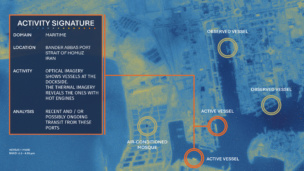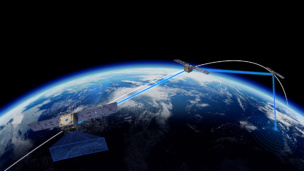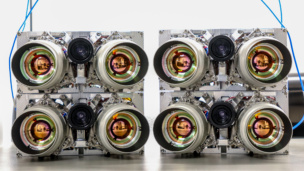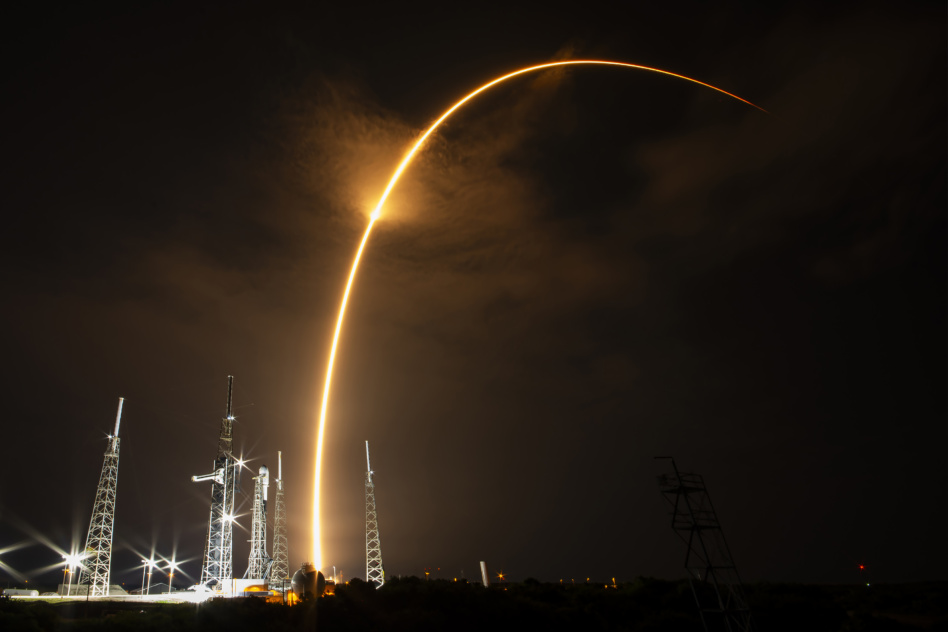Only a handful of European spacecraft have ever made it to the Moon, but that could soon change if a new accelerator achieves its goal.
ESA’s Business in Space Growth Network, in partnership with the Luxembourg-based European Space Resources Innovation Center (ESRIC), announced in early June that it was launching its first space resources accelerator—and asked industry for ideas to fund on Friday.
The accelerator hopes to help businesses whose aim is to extract resources and to provide critical operational technologies to help support a sustainable human presence on the Moon. It’s asking for proposals that center around a few themes:
- Find: Remote sensing satellites, sensors, surveying equipment, and data analysis software to identify lunar resources and monitor the Moon’s environment
- Excavate: Rovers to navigate, drill, and excavate resources from the lunar surface to use as fuel, building materials, and life support functions
- Extract and refine: Technology to process and extract lunar resources, turning them into usable building blocks for lunar bases, life support systems, and manufacturing plants
- Supply: Services to support the sustained human presence on the Moon, including power systems, gas and propellant storage, and transfer systems
“With space resources, you could refuel spacecraft on the Moon, provide life support to astronauts, and eventually build structures and equipment which would sustain this operation and eventually make the Moon sort of an independent economy,” ESRIC’s business accelerator officer Alexander Godlewski told Payload.
Co-funding; The accelerator hopes that these ideas will kick off a new Moon age, but more importantly, that it will do so in a commercially viable way. While ESA has dedicated up to €1M ($1.1M) to fund the first cohort of ideas, the accelerator plans to have private investors pitch in half the funding for each idea.
ESRIC and ESA will provide a technological and financial boost for the first cohort of lunar ideas. The accelerator will facilitate access to technical experts, vital equipment, and facilities to test their ideas, and will also provide financial support to help the first cohort of companies secure additional private funds.





